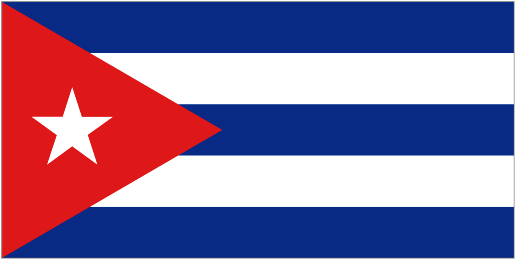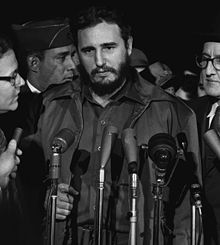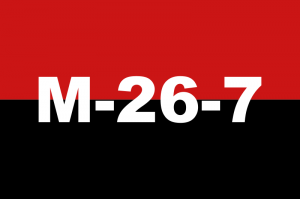January 1

Just like the child born on Christmas, Cuba gets the short end of the stick when it comes to celebrating its “Triumph of the Revolution”. That’s because on January 1 the rest of the world is busy celebrating New Year’s. To the Cubans, the world is celebrating with them. It’s all a matter of perspective.
This small island 90 miles to the south of Florida has been the focal point of the struggle between capitalism and socialism in the Western hemisphere for half a century.
On this day in 1959, U.S.-backed President Fulgencia Batista fled the country after his troops faced a disastrous defeat at the hands of Ernesto “Che” Guevara’s and Camilo Cienfuegos’s rag-tag guerrilla armies. This allowed former baseball player and enemy-of-the-state Fidel Castro to assume power of the country, a position he held onto with an iron grip until February 2008. Suffering from an undisclosed illness, Castro turned power over to his brother, Raul Castro. By that time Fidel Castro had become one of the longest reigning rulers in the history of the Western hemisphere.
Cuba has spent the past 50 years defying world expectations. First in 1959, and again in the 1990s, when its sugar-daddy—the Soviet Union—collapsed. But Cuba outlived its supporter, and subsisted without its aid.
That’s not to say the country has flourished economically, or that its one-party government permits basic freedoms. But its people–at home and abroad–understand how to live each day.
It’s illegal for United States citizens to visit Cuba, part of the economic embargo the U.S. has placed on Cuba for over 4 decades. But many Americans do visit the island via other countries. Cuban officials just know not to stamp their passports.



